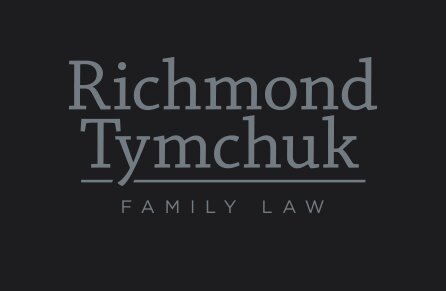Going through a separation can be a complex and emotionally taxing experience. One way to make the process smoother is by creating a comprehensive separation agreement. This document helps both parties reach a mutual understanding and provides a foundation for moving forward. In this post, we’ll explore the key items that should be included in your separation agreement to ensure all critical areas are addressed.
What is a Separation Agreement?
A separation agreement is a legally binding document that outlines the terms and conditions agreed upon by both parties during their separation. This agreement covers various aspects of the couple’s relationship, including parenting arrangements, financial support, and division of property. Having a clear and comprehensive separation agreement helps avoid future disputes and ensures both parties understand their rights and responsibilities. In Alberta, a separation agreement can be essential whether or not the couple intends to pursue a divorce.
8 Things That Should Be in a Separation Agreement
To ensure a fair and thorough agreement, it is crucial to include the following elements:
1. Date of Separation
The date of separation marks the official end of the relationship, which is important for determining the division of assets, debts, and support obligations. Clearly stating this date ensures clarity for both parties and may be relevant in future legal matters, such as filing for divorce or calculating spousal support durations.
2. Parenting Arrangements
If children are involved, the separation agreement should outline detailed parenting arrangements. This includes custody, access, and decision-making responsibilities. Both parents should agree on a parenting plan that reflects the best interests of the children. For more information on creating effective parenting plans, review our guide on parenting plans.
3. Child Education
Along with parenting arrangements, decisions about child education should be clearly defined. This can include where the child will go to school, who will make decisions regarding their education, and how extracurricular activities will be managed. Addressing these elements early prevents disagreements later on and ensures consistency in the child's academic life.
4. Spousal Support
Spousal support addresses financial disparities between the parties. The agreement should include whether one party is entitled to receive spousal support, the amount, and the duration. This helps ensure fairness and provides financial stability for the lower-earning partner.
5. Property Division
In Alberta, property division is governed by the Family Property Act, which mandates an equitable split of assets acquired during the relationship. The separation agreement should list all significant property, including homes, investments, and businesses, and how these will be divided. The Government of Canada provides more details on property division during divorce, which can also be helpful in separation cases.
6. Other Assets
Apart from real estate and financial investments, other assets like furniture, cars, pensions, and personal belongings should be addressed. The separation agreement must outline how these items will be divided or whether they will remain with the person currently in possession. Clarity on these items helps prevent potential conflicts down the road.
7. Matrimonial Debt
Just as assets are divided, so too must matrimonial debt. This can include mortgages, car loans, credit card debt, and other financial obligations accumulated during the relationship. Clearly specifying who is responsible for which debts helps avoid future financial disputes between the parties.
8. Dispute Resolution
A well-crafted separation agreement should also include provisions for dispute resolution. In case of future disagreements over the terms of the agreement, it’s important to outline a process for resolution—whether through mediation, arbitration, or another method. Including this in the agreement can save both time and money by avoiding lengthy court battles.
Why Consult with an Alberta Lawyer Before Separating?
Although couples can draft their own separation agreements, consulting with a family lawyer ensures that the document is legally binding and addresses all relevant issues. A lawyer can help navigate complex financial or parenting matters, ensure compliance with Alberta law, and protect your rights. Furthermore, legal advice can prevent costly mistakes that may arise from an incomplete or unclear agreement.
Final Thoughts
A comprehensive separation agreement is a crucial step in ensuring that both parties have a clear understanding of their rights and responsibilities during a separation. By addressing key areas such as parenting, finances, and property division, you can avoid future conflicts and protect your interests.
If you need help drafting or reviewing a legally sound separation agreement in Alberta, contact us to schedule a consultation with one of our experienced family law attorneys. We’re here to support you through this important process and ensure the best outcome for your family.


